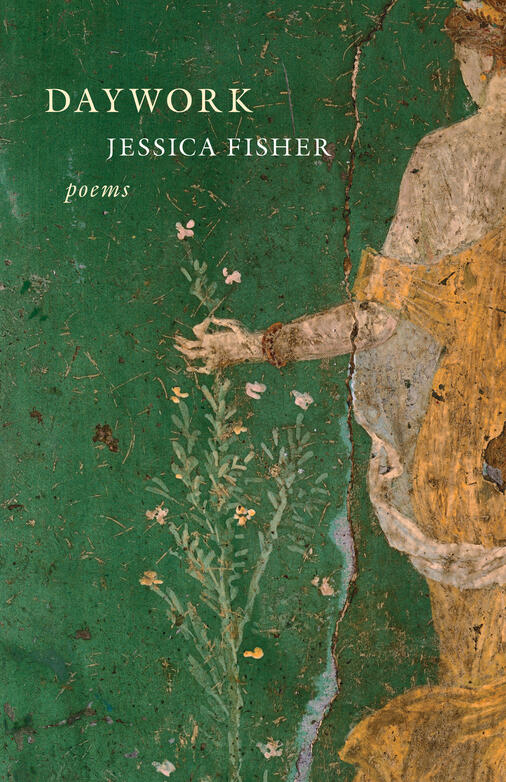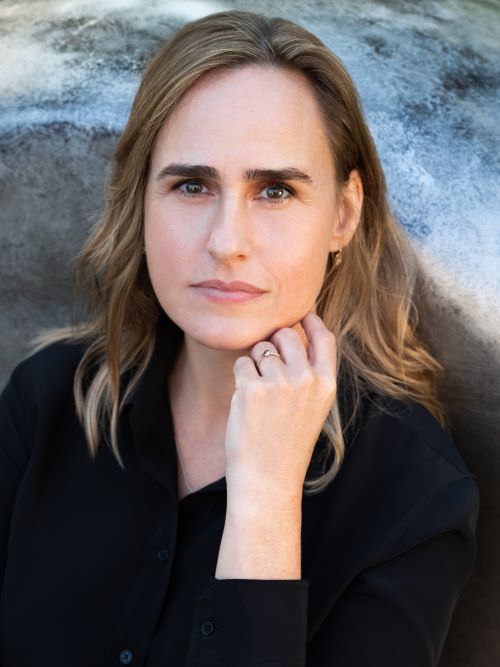I wrote “Night Song” in early autumn, in a moment of imminent transition, and finished it on October 31; it is very much beholden to that liminal time, when the boundaries between the forces of dark and light, of death and life, are thin. The year was 2016, and the poem was composed in the last week and a half before the election; the poem’s emergence—and its insistence on seeing into the lives of others—was a reaction, I remember, to the divisiveness that had already begun to dominate our relations with one another in this country. I was thinking explicitly of what it means to feel the counterpull to that hatred as the inherited work of poetry: “I felt like Whitman,” I wrote in the first draft, “looking into the soul / of each passenger, / was myself a stowaway / in other lives.”
In my well of memories, surely, were Keats’s and Rilke’s great poems of autumn, which I love so much and often teach at that time of year; indeed, at several points in Daywork, I am remembering Rilke’s line from “Herbsttag” (“Autumn Day”), “Wer jetzt kein Haus hat, baut sich keines mehr” (Who has no house now, will never build one”). The mystery and the austerity of that line, and of the season he describes, stand in contrast to the abundance of the preceding season. Summer, in my poem, with its forms of collective being, “its / flocks and herds, / had erased the desire /to be a self alone.” And yet autumn returns us to the fact of our privacy, to the distinctions between inside and outside. How to navigate that distance, to reach the other without disrupting or erasing the mystery of their individual being? And how to access the mystery in our own lives—our relation to forms of experience beyond or below the reach of knowledge? These are the underlying questions of “Night Song.”
The writer Virginia Woolf wrote of composing her novel The Waves “to a rhythm not to a plot,” and that feels an accurate description for the way this poem unfolded. When the voice began, it wasn’t mine, nor did it belong to anyone else in particular—it was instead something like the possibility of speech beginning again, after a period of long silence. Writing often begins for me with this form of potential opening, and the work is to follow the voice as it accrues—or, to follow its underlying rhythm. I love that the I/ you relation so central to lyric poetry can accommodate a simultaneous intimacy and anonymity, that there doesn’t have to be any external circumstance to which the poem refers. Instead, this method of composition feels like an attunement; the poem doesn’t have a subject before it begins, and whatever arises in the writing comes as a surprise to me and, hopefully, to you.
For example, I hadn’t known when I began this poem that it would turn to the saw-whet owl, would recount my experience of helping our local forest warden capture, measure, and tag a member of that species as part of a larger conservation effort. Perhaps, it seems to me now, that just as the owl is lured to the snare by the promise of companionship, so too is the writer drawn in by the possibility of an I reaching a you, and is then caught in the poem’s invisible web, composed of rhythm and language, in the warp and weft of text. And yet that experience arises in the poem as it did in life, as an unexpected encounter. The owl isn’t intended as a figure in this poem, isn’t meant allegorically; and yet these forms of contact illuminate us, just as the moon shines with “the sun’s / reflected light.”
I am aware that it is a delicate balance, just as I was aware, in the writing of the poem, of the tendency to fall into what John Ruskin calls “the pathetic fallacy,” whereby the poet has, to give just one example, a “false … idea about the leaf: he fancies a life in it, and will, which there are not.” In the New England town where I have lived since 2013, there comes every autumn a sudden change: the nights, loud with crickets and grasshoppers, katydid and cicada, suddenly give way to silence, when the first hard frost brings mass death. That fact can’t help but make their night songs more poignant; and yet this poem is all too aware of its own false thought, that “everything was / saying goodbye,” as if they know their imminent end. As I wrote this poem, I found myself aware of a perception of loss, and tried to correct for it—“the leaves of the aspen / already so few, though / they are not lonely.”
In stripping away misapprehension and projection, this poem hopes to encounter the reality of the other, and of the otherness within. It’s a poem that begins by opening to the dark, and the force of that mystery persists, for me at least. Though the night is “dark / as the future,” the poem moves forward into it, into whatever it represents. We will never quite be able to say how those inscrutable experiences transform us, and yet they have come to me to seem poetry’s very source.




